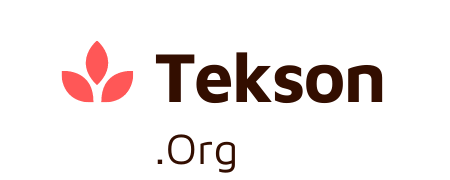Achieving More by Doing Nothing – Wu Wei Philosophy
If you’re struggling to get things done, take a step back. You may have exerted your effort the wrong way.
Top performers in any field – from gymnasts and speakers to negotiators – are likely to tell you the importance of maintaining a delicate balance between effort and ease, especially in the midst of the best acts. Don’t work harder than it’s necessary. It doesn’t mean that the harder you work, the better. Overdoing can bring on the diminishing returns that take the performance downhill. Not only is it wasteful, but it can also be harmful.
It’s an essential part of wu wei.
Based on the Tao Te Ching teachings, a book written by the Chinese sage 2,500 years ago, the practice is also known as the principle of least effort. It teaches us to achieve greatness by achieving harmony through passive elegance, rather than just thinking of greatness.
Obsessed with endless targets, we often lose ourselves in the act. We strive and push hard to the point of burn-out. Unfortunately, even if we can attain some level of success, our health and personal well-being suffer. Worse still, we may achieve nothing more than going around in circles.
Doing Nothing & Wu Wei Philosophy
“Do nothing and leave nothing undone,” says Lao Tzu.
Wu wei means to “do nothing” in Chinese, but it has a unique connotation. It is not about whiling our time away in a daydream.
The universe that we live in is gigantic beyond our wildest imagination. The sun is enormously big to us. However, it is but a little dot in the vastness of the universe. There are billions of other stars in it – many of them bigger than the sun. Despite the hugeness, everything in the universe coexists in perfect harmony. How is this possible?
There is a formless, unifying force that pulls everything together. No one knows what this force is. It’s the source of everything and underlying the behavior of everything. For convenience, Lao Tzu calls it the Tao. Since the Tao is invisible, he gives it another name – nothingness.
So doing nothing is not about doing absolutely nothing. It’s about harnessing the invisible Tao to get things done. Since the Tao is mighty, it makes you more powerful. If you can tap into its energy, you can achieve more by doing less.
At the heart of wu wei is connectivity. When you row a boat, you are just one of the reasons that move the boat forward. You need the boat and the paddles to help you engage with the water to make the forward movements possible. In the process of doing so, you must listen to not only your desire. You must also pay attention to the current and the rhythm of its flow.
With connectivity, you are not alone in getting things done. You have the abundance of the universe to tap into. You don’t blindly work hard. You leverage and play your role well. When it’s time for you to come forward, you’re at the forefront. If it’s time for you to stay in the background, you’re happy to take repose. You know when to move forward and when to pause or let things go.
It explains why wu wei is the antidote to the frantic doing that has afflicted many people, especially the achievement addicts with a fire in the belly. The practice allows you to have the cake and eat it too. You achieve results without the strive.
By working closely with nature, you may even invite synchronicity into your life. The perfect people, places, and opportunities come together without you having to strive.
The earlier you make wu wei a way of life, the sooner you’ll be able to achieve more by doing less.
How to do it? Join me in the wu wei learning journey.

